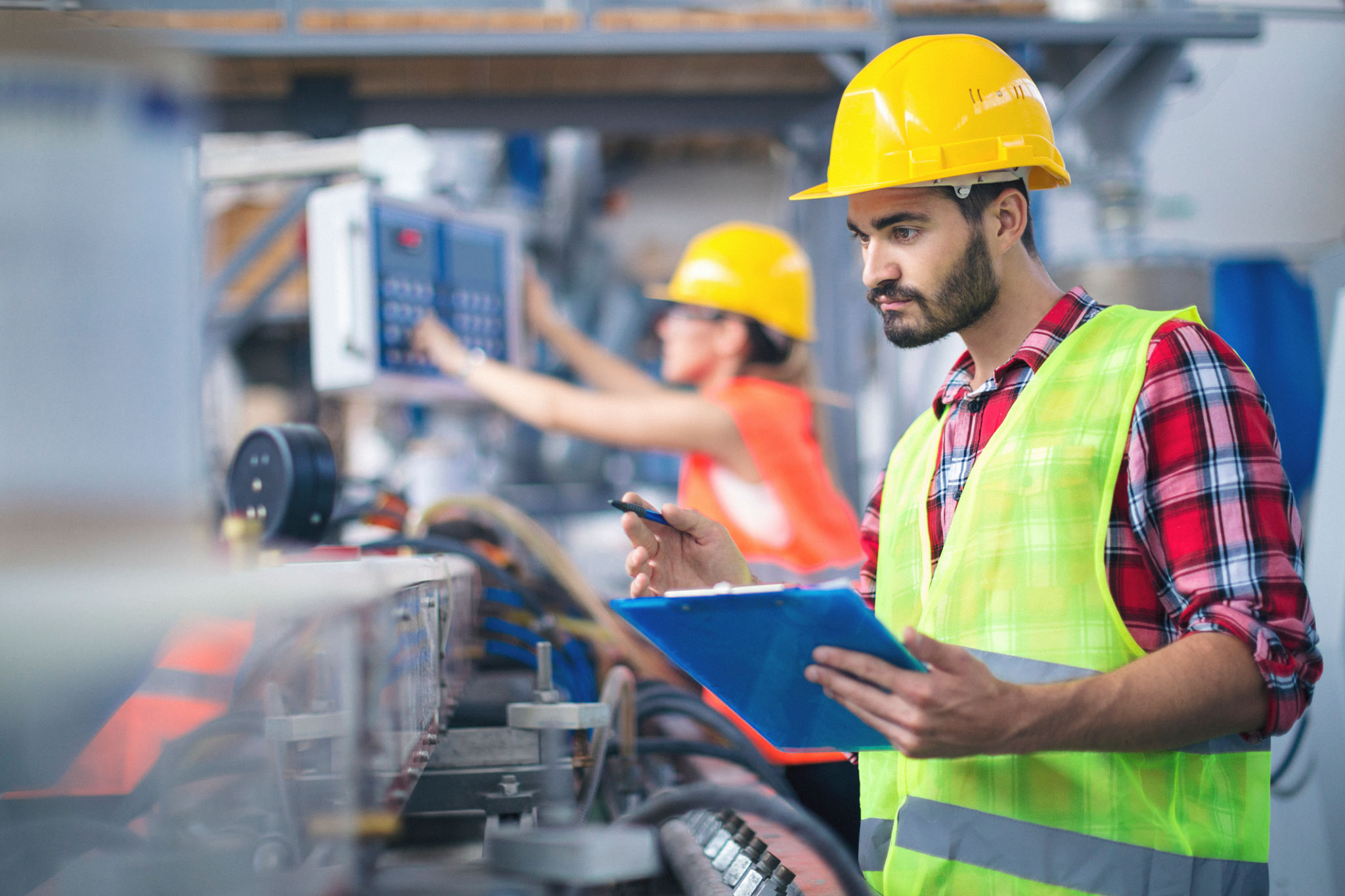Top 5 AI Solutions for Smarter Factory Management
Embracing AI in Factory Management
In today's fast-paced industrial landscape, the integration of Artificial Intelligence (AI) has become a game-changer for factories aiming to enhance efficiency and productivity. AI solutions offer insights and automation capabilities that transform factory management into a smarter, more streamlined process. Let's explore the top five AI solutions that are reshaping the way factories operate.

1. Predictive Maintenance
Predictive maintenance is a proactive approach that uses AI algorithms to predict equipment failures before they occur. By analyzing data from sensors and historical maintenance records, AI can identify patterns that indicate potential breakdowns. This allows factory managers to schedule maintenance activities at optimal times, reducing downtime and extending the lifespan of machinery.
The use of predictive maintenance not only minimizes unexpected disruptions but also leads to significant cost savings. By addressing issues before they escalate, factories can avoid costly repairs and ensure consistent production output.
2. Quality Control Optimization
AI-driven quality control systems are revolutionizing the way factories maintain product standards. Advanced image recognition and machine learning models can detect defects with higher accuracy than human inspectors. These systems can analyze thousands of products per minute, ensuring that only items meeting quality standards reach customers.

By integrating AI into quality control processes, factories can reduce waste, improve customer satisfaction, and maintain competitive advantage in the market. Continuous learning capabilities allow these systems to adapt to new product variations and manufacturing processes over time.
3. Inventory Management
Effective inventory management is crucial for optimizing production schedules and meeting customer demands. AI solutions offer real-time monitoring of inventory levels, enabling factories to make data-driven decisions about restocking and production planning. Machine learning algorithms can forecast demand patterns, helping managers maintain optimal inventory levels without overstocking or running out of essential materials.
This level of precision in inventory management not only improves cash flow but also reduces storage costs and enhances overall operational efficiency.

4. Energy Efficiency
AI plays a pivotal role in enhancing energy efficiency within factories. By analyzing data from various energy-consuming assets, AI can identify areas where energy usage can be reduced without compromising production quality. This approach helps factories lower their carbon footprint and reduce energy costs significantly.
Smart energy management systems powered by AI can automate processes such as lighting and HVAC control, ensuring that energy is used only when necessary. This proactive management of resources contributes to sustainable manufacturing practices.
5. Autonomous Vehicles and Robotics
The deployment of autonomous vehicles and robotics in factories represents a significant leap toward automation. AI-powered robots are capable of handling repetitive tasks with precision and speed, freeing up human workers for more complex roles. This not only boosts productivity but also enhances workplace safety by reducing the risk of accidents in hazardous environments.

Autonomous vehicles, such as automated guided vehicles (AGVs), streamline the transportation of materials and products across the factory floor, further optimizing the production process. The integration of these technologies fosters an environment where human and machine collaboration leads to superior performance.
Conclusion: The Future of Smarter Factories
The integration of AI into factory management is not just a trend but a necessity for staying competitive in the modern industrial landscape. By leveraging AI solutions for predictive maintenance, quality control, inventory management, energy efficiency, and automation, factories can achieve unprecedented levels of productivity and sustainability.
As technology continues to advance, the potential for AI to further transform factory management is limitless. Embracing these solutions today paves the way for a smarter, more efficient future in manufacturing.